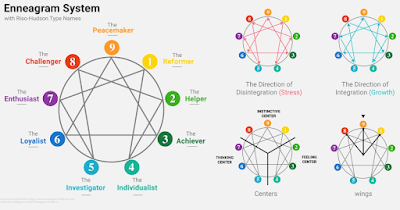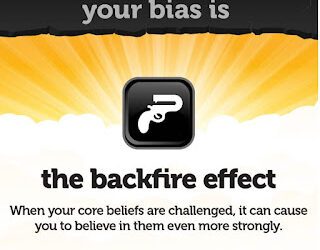What’s your goal as an apologist?
For probably every apologist I know, their goal is to reach unbelievers with the gospel and/or to train others to do evangelism and apologetics. This is also reflected in the mission statement of the major apologetics ministries (RZIM, Reasonable Faith, Reasons to Believe, Stand to Reason, Ratio Christi, Answers in Genesis, etc). If this is not your goal as an apologist, it probably should be.
Here’s the issue: the things you do and say, and the way you say it, will be perceived differently by believers and unbelievers, so apologists might feel forced to appeal to one group at the expense of the other.
Ingroup and outgroup bias is part of the psychology of prejudice. What the science shows is that people are more generous to members of their own group and more critical towards members of the outgroup (compared to a neutral person). Mocking or criticizing the outgroup can be an easy and rewarding way to reveal group identity and attain accolades from others within the group, especially in public discourse. Unfortunately, this is harmful for outgroup relations.
What does this all mean for apologetics? It means that non-Christians will be much more attuned to offensive or condescending language or actions than Christians will be (and Christians will be the same way towards non-Christians). Not only are Christians unlikely to notice and call each other out when it happens, but they will likely applaud it and reward it in the form of likes, retweets, or praises (e.g. “you really showed him”).

This is the dilemma that apologists face: to appeal to the ingroup or the outgroup. If they are condescending or derogatory towards non-Christians (or their beliefs), other Christians will see that as a signal of being a strong and competent member of the ingroup, and hence, will like or share what they say, watch their videos, or praise them in other ways. This can help build trust within the group and grow one’s audience quickly, which is an attractive strategy. On the other hand, it inhibits a person’s ability to reach unbelievers and models behaviors that others will emulate.
Do apologists have to choose one method over the other? Thankfully not. Mark Mittelberg, Lee Strobel, Hugh Ross, Josh McDowell, Tim Keller, Alan Shlemon, Craig Hazen, Matt Whitman, Preston Sprinkle, and several others do this very well, serving as proof that it can be done. How do they do it? There are a lot of factors, many of which come down to their word choices, the tone of their communication, and what they talk about.

In short, they’re not bombastic, condescending, or rude. More specifically, they rarely, if ever, put down other people or their beliefs by referring to them with words like absurd, irrational, silly, cults, or similar words; nor do they talk down to non-believers as if they are idiots for holding their beliefs. They don’t spend many words complaining that culture is out to get Christians, they focus on the positive aspects of Christianity and the evidence for it more than they criticize the errors of other worldviews, and they don’t strawman opposing beliefs when they talk about them. They frequently smile and joke when they speak in contrast to being too stern and serious. And finally, they rarely waste their social capital on unnecessary political or secondary theological issues. Instead, they talk on culturally relevant topics or focus on more important apologetic points.
It’s lots of little things like this that help these apologists reach non-believers more effectively (for more ideas, see my article on persuasive apologetics). When doing apologetics, always do it with gentleness and respect (1 Peter 3:15) and let your speech be seasoned with salt (Colossians 4:6). Remember what your end goal is and who you represent. Next time you read, watch, or listen to something from an apologist, pay attention to the way they communicate and try to evaluate it without bias. Copy what is good and leave behind what isn’t.
My next article is going to discuss pop-psychology and how apologists can avoid it.
References
Noel, J. G., Wann, D. L., & Branscombe, N. R. (1995). Peripheral ingroup membership status and public negativity toward outgroups. Journal of personality and social psychology, 68(1), 127.
For more information, search Google Scholar for group polarization, prejudice, outgroup derogation, ingroup/outgroup bias, discrimination, and other related terms.



